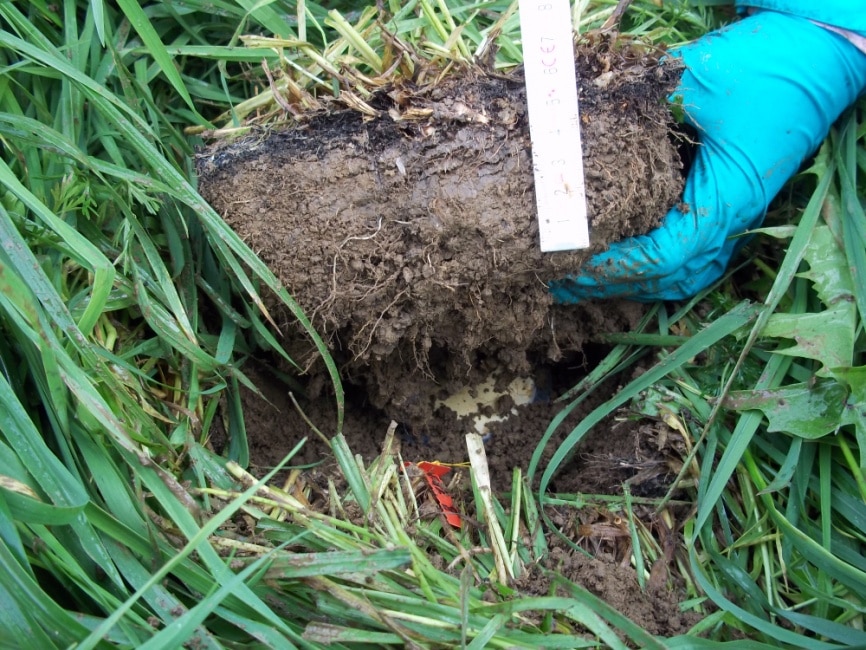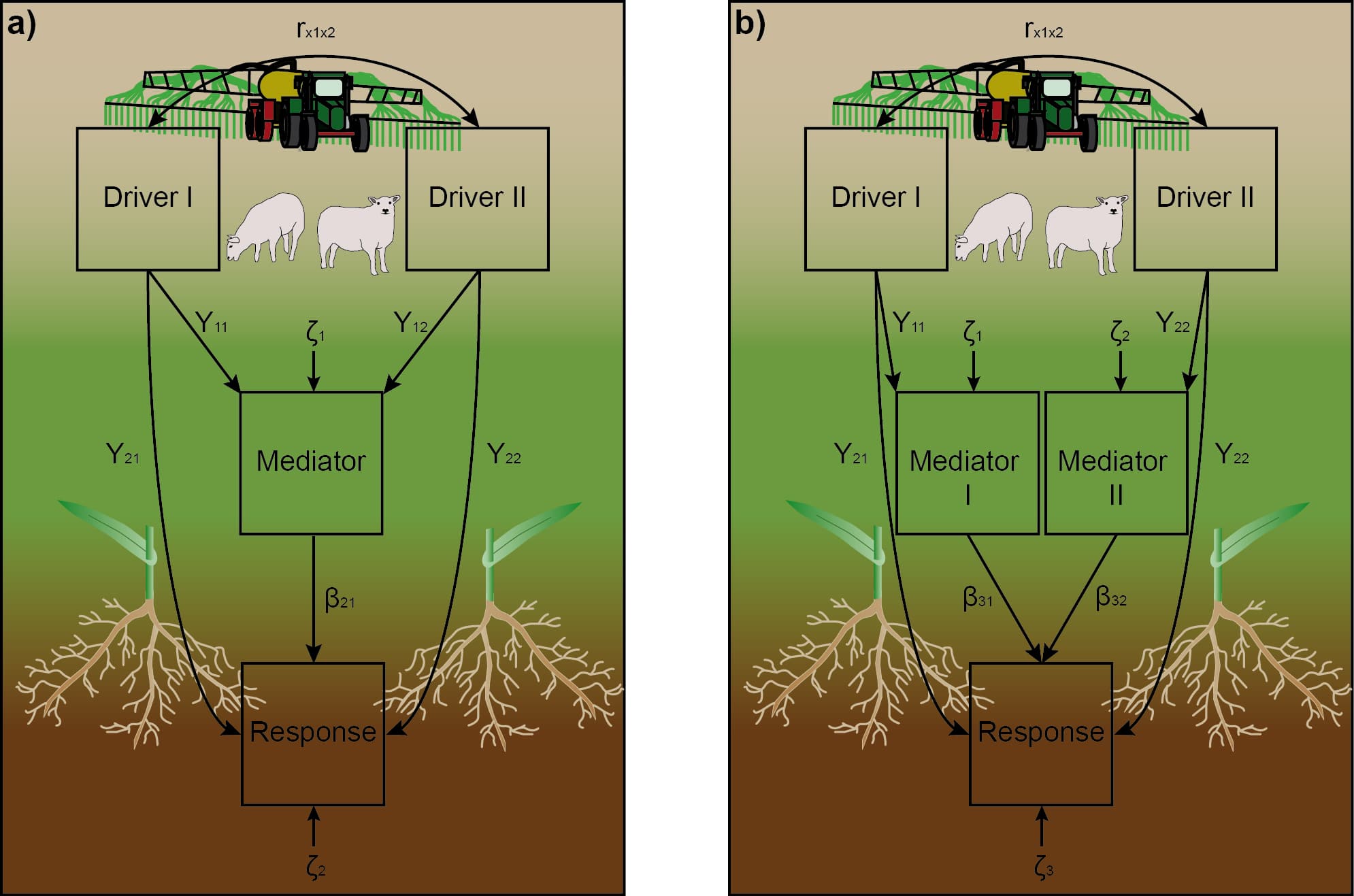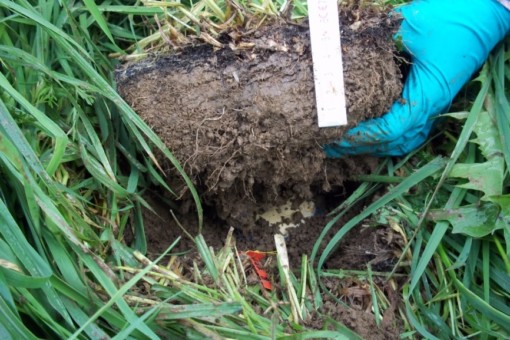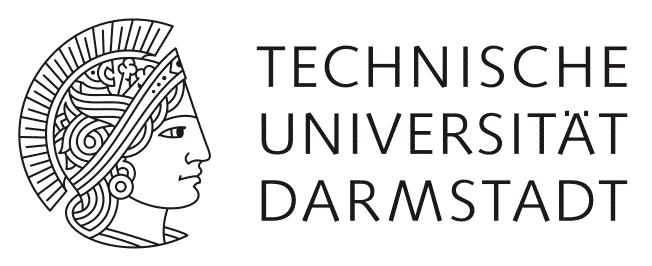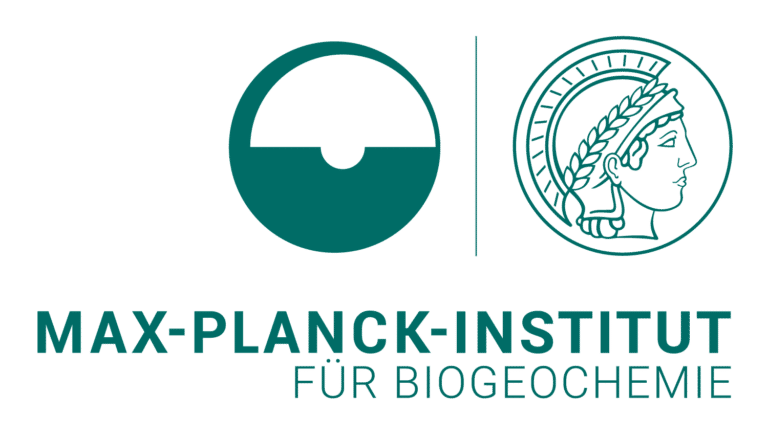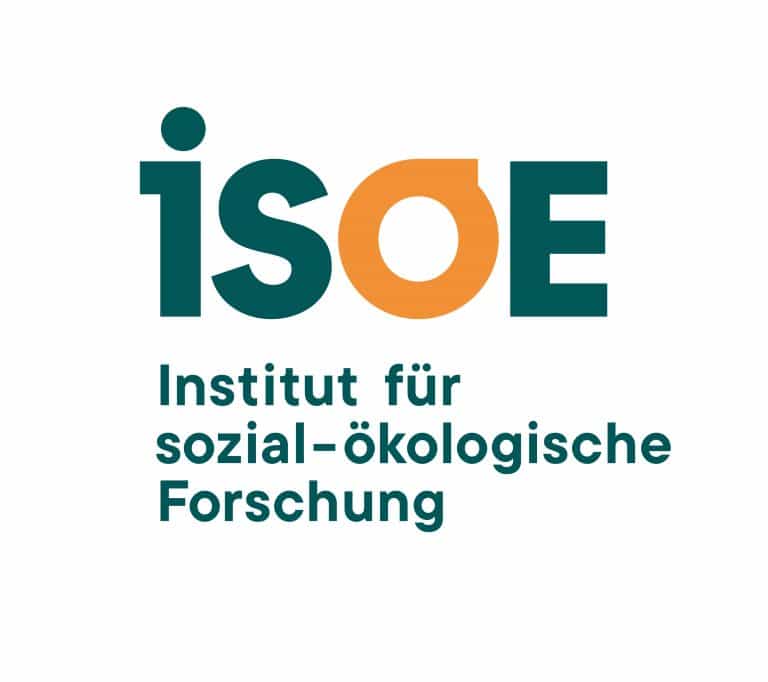Response of soil microbial community composition and function to changes in land-use intensity, i.e. intensification and de-intensification
Soil microbial communities play a critical role in nutrient transformation and storage in grassland ecosystems. Quantifying the seasonal and long-term temporal extent of genetic and functional variation in soil microorganisms improve our understanding of their response to biotic and abiotic changes within and across ecosystems. Although it is well known that shifts in microbial composition and function can play an important role in ecosystem responses, few studies of land-use change effects on microorganisms incorporate repeated soil samplings.
We continued to focus on the question how abundance and function of the soil microbial community varies across landscapes, regions and land-use intensities. In this phase, we wanted to know how rapidly does soil microbial community composition and function respond to changes in land-use intensity, i.e. intensification and de-intensification.
Since the establishment of the EPs, many have undergone changes in farming practices. We expected that some sites have experienced changes in their management (intensification or de-intensification) since the last sampling dates in 2011 and 2014. Land‐use intensification drives changes in microbial communities and the soil functions they regulate, but the mechanisms underlying these changes are poorly understood as land use can affect soil communities both directly (e.g. via changes in soil fertility) and indirectly (e.g. via changes in plant inputs). We hypothesize that net changes in land-use intensity have to persist for at least several years before their effects on soil microorganisms can be tracked by soil microbiological methods.
Data were collected from 150 grassland sites spread evenly (50 each) across three regions Schwäbische Alb (South‐West), Hainich‐Dün (Central) and Schorfheide‐Chorin (North‐East). The 150 grassland sites differed greatly in management intensity across. Analyzing soil samples following the same analytical repertoire (multiple microbial functions, bacterial and fungal biomass and abiotic soil properties) at a three year time interval (2011 and 2014) gave us the opportunity to clarify the importance of the following factors: sampling time, region, land-use intensity (long-term effects), and land-use variation (short-term effects, changes within 3 years). It allowed us to examine whether soil communities and their functions respond to intensification or de-intensification of grasslands.
Changes in microbial soil properties were related to both long‐term means and short‐term changes in: abiotic soil properties, land‐use intensity, community abundance‐weighted means of plant functional traits and plant biomass properties in regression and structural equation models. Plant traits, particularly leaf phosphorus, and soil pH were the best predictors of change in soil microbial function, as well as fungal and bacterial biomass, while land‐use intensity showed weaker effects (Boeddinghaus et al. 2019). Indirect legacy effects, in which microbial change was explained by the effects of long‐term land‐use intensity on plant traits, were important, thus indicating a time lag between plant community and microbial change. Whenever the effects of short‐term changes in land‐use intensity were present, they acted directly on soil microorganisms.
